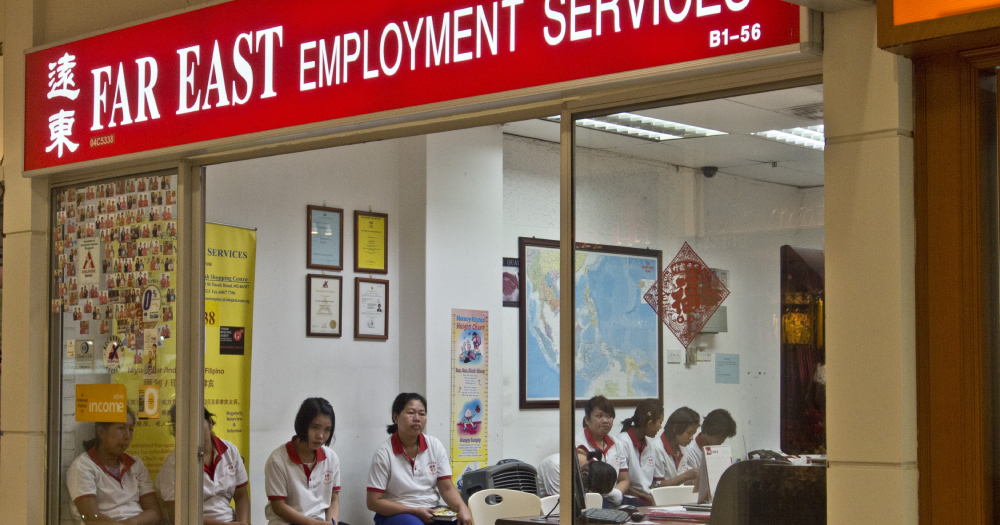Singapore's authorities do have security screening processes for new foreign workers entering the country, said Home Affairs Minister K Shanmugam on Monday (Oct. 7).
This, however, can only pick up individuals with past records and will not be able to detect those who are radicalised after starting work here.
He said this in a written Parliamentary answer issued Monday, in response to a question from Jurong GRC MP Rahayu Mazam about whether these processes need to be improved in light of news of a recent detention of three female domestic workers under the Internal Security Act.
"We have to stay vigilant, to identify and take actions against individuals who pose a threat to Singapore’s security," he wrote.
Members of the community, such as family, friends, employers and colleagues, should come forward if they suspect that someone they know might be involved in terrorism-related activities, he added.
Counter-terrorism module worked into settling-in programme for new FDWs
The Ministry of Home Affairs has also worked closely with the Ministry of Manpower (MOM) to incorporate a counter-terrorism module in the Settling-In Programme for new foreign domestic workers.
The Settling-In Programme began in 2012 as a way to introduce these domestic workers to pertinent things they should know about working in Singapore.
These include conditions of employment, work safety and stress management.
The counter-terrorism module, which was added in 2017, teaches them what they should and shouldn't do, tell-tale signs of radicalised individuals, as well as the police hotline.
Apart from the module, Shanmugam added that MOM issues advisories to employers of foreign domestic workers to educate them on indicators to look out for in a person who may be radicalised or be involved in terrorism-related activities.
Top photo via Majority World/Universal Images Group via Getty Images
If you like what you read, follow us on Facebook, Instagram, Twitter and Telegram to get the latest updates.
